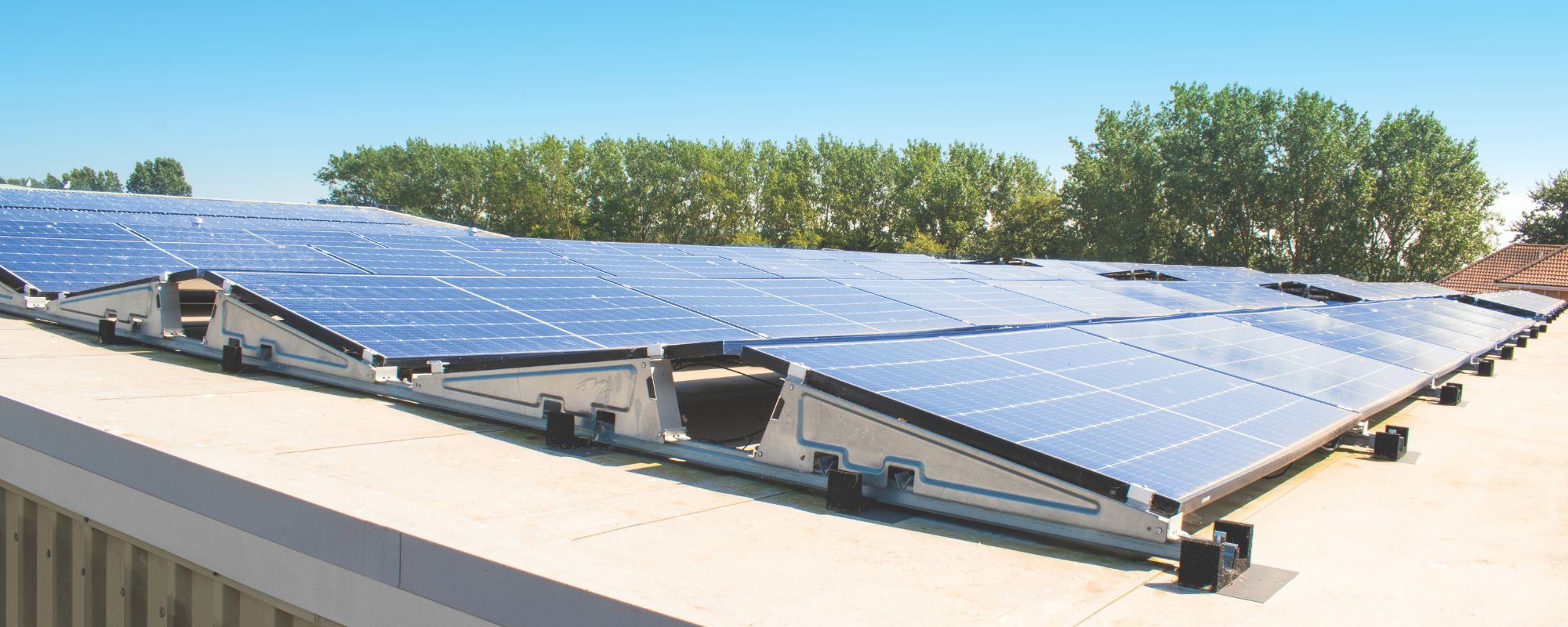As the world grapples with the urgent need to combat climate change, industries across the globe are increasingly being called upon to reduce their carbon footprints. The hospitality industry, known for its high energy consumption, is no exception.
Potters Resorts, a stalwart of British hospitality with over a century of experience, is stepping up to this challenge with substantial investments in energy conservation and sustainable practices.
A Broader National Context
The UK’s hospitality sector is under significant pressure to reduce its environmental impact. According to the Carbon Trust, the sector is responsible for nearly 3% of the UK’s carbon emissions. This is primarily due to energy-intensive operations like heating, cooling, and lighting. This has led to a growing movement within the industry to adopt more sustainable practices, from reducing food waste to investing in renewable energy.
"Potters is at the forefront of this movement, leading by example with their commitment to energy conservation across their properties."
Solar Power: A Bright Investment
One of the most impactful steps Potters Resorts has taken is the installation of 3,600 solar panels at its major sites in Hopton-on-Sea, Norfolk and Five Lakes, Essex. These investments are not only environmentally responsible but also economically savvy.
 3600 solar panels have been added at Five Lakes and Hopton-on-Sea
3600 solar panels have been added at Five Lakes and Hopton-on-Sea Since the installation was completed in October last year, Hopton-on-Sea’s panels have generated an impressive 729MWh of electricity. This accounts for over 30% of the resort’s total energy consumption, the environmental equivalent of planting 474 trees, avoiding 346 tonnes of CO2 emissions, and saving 291 tonnes of coal. With a projected payback period of just 2-3 years depending on weather conditions, this investment is set to yield significant returns both financially and environmentally.
At Five Lakes, the solar panels have generated 832 MWh since their installation in August last year, covering 22% of the resort’s energy needs. The environmental benefits are equally impressive, with the equivalent of 540 trees planted, 395 tonnes of CO2 avoided, and 332 tonnes of coal saved. The payback period at Five Lakes is expected to be 3-4 years, reflecting the resort’s higher energy consumption.
 The solar panels at Five Lakes sit atop the Indoor Sports Park and Glade Theatre
The solar panels at Five Lakes sit atop the Indoor Sports Park and Glade Theatre"These solar installations are a testament to Potters Resorts’ commitment to harnessing renewable energy as a cornerstone of their sustainability strategy."
Enhancing Energy Efficiency
Beyond solar power, Potters Resorts has made significant investments in upgrading their infrastructure to enhance energy efficiency. At Five Lakes, the main plant has been equipped with new air handlers that incorporate thermal wheels, recovering up to 80% of heating and cooling. Operating in conjunction with air source condensing units, this has already led to a noticeable reduction in the resort’s electricity bills.
In the indoor sports park at Five Lakes, a new air handler with heating and cooling recovery has been installed, replacing inefficient electric heaters. This upgrade not only improves comfort for guests but also significantly reduces energy consumption. This comes with an anticipated payback period of less than two years.

Additionally, the installation of a state-of-the-art Building Management System (BMS) at Five Lakes allows for precise monitoring and control of heating and ventilation across the resort. This system ties into the new and existing energy-efficient systems, further optimising energy use and reducing environmental impact.
Lighting the Way Forward
At Hopton-on-Sea, Potters Resorts has undertaken a major modernisation of lighting systems throughout the property. In areas such as the International Arena, Atlas Theatre, hotel corridors, and Palms Health & Fitness, new lighting systems have been installed, offering both environmental and experiential benefits. The theatre, for example, now features customisable lighting that can be adjusted to suit different shows. Meanwhile, the hotel corridors use motion-sensor lighting to reduce energy use during periods of low traffic.
 Energy efficient lighting at Potters Resorts Hopton-on-Sea
Energy efficient lighting at Potters Resorts Hopton-on-SeaThese lighting upgrades offer varying payback periods, with some as short as two years. However, the long-term benefits are clear: reduced running costs, lower CO2 emissions, and enhanced guest experiences.
Looking Ahead
Potters Resorts’ commitment to sustainability doesn’t end with these current projects. There are plans for further investments in energy-efficient systems as older infrastructure is replaced. The ongoing review and upgrade of pipework insulation at Hopton-on-Sea, for example, though difficult to quantify in terms of savings, represents another step toward minimising the resort’s environmental impact.
The hospitality industry continues to evolve in response to these environmental challenges.
"And Potters Resorts is setting a powerful example of how a legacy brand can lead the way."
Recent investments in solar power, energy-efficient infrastructure, and modernised lighting systems are not just good for business. They’re good for the planet. By prioritising sustainability, Potters is ensuring that their guests can enjoy outstanding, fully inclusive breaks with the peace of mind that they are supporting a company that cares about the future.
In a world where every action counts, Potters Resorts demonstrates that quality and sustainability can go hand in hand, leading the hospitality industry into a greener, more responsible future.







